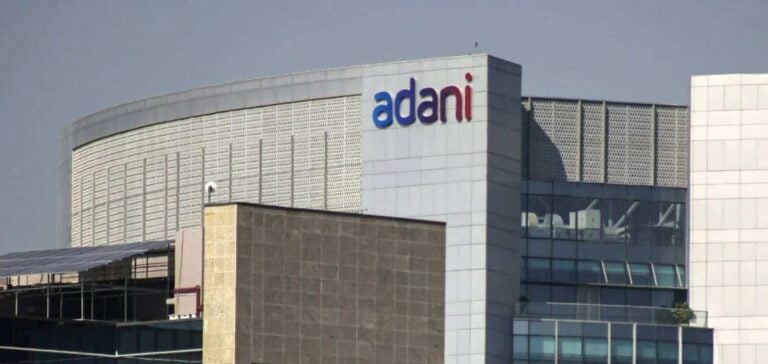Despite a corruption case involving the Indian conglomerate Adani, Sri Lanka has reaffirmed its commitment to the deep-water international terminal project in West Colombo. Gautam Adani, CEO of the group, was indicted in the United States in November for allegedly misleading investors in a large-scale corruption scheme. However, Sri Lankan authorities, through Ports Minister Bimal Ratnayake, stated that the matter would not directly impact the country’s plans.
The container terminal project, valued at $700 million, holds strategic importance for Sri Lanka. The country is grappling with a severe economic crisis since 2022, marked by a sovereign default on external debt. According to Mr. Ratnayake, this infrastructure is critical to generating revenue and revitalizing the national economy.
The Geopolitical and Financial Context of the Project
The terminal is situated near another facility managed by China, highlighting Colombo’s geopolitical significance in the Indian Ocean region. Adani’s recent decision to forgo an American loan, perceived as a response to China’s growing influence in Sri Lanka, further underscores this importance.
In parallel, Sri Lanka has launched an investigation into Adani Group’s investments in the country, including the Colombo Port and a $442 million wind farm in the northern region. Sri Lanka’s newly elected President, Anura Kumara Dissanayake, who opposed the wind farm project during his campaign, reaffirmed his administration’s stance. The Ports Minister stated that the wind project could jeopardize the country’s energy sovereignty, further indicating that it would not move forward.
Impact of Controversies on Adani Group
Gautam Adani’s indictment has shaken his economic empire, which spans renewable energy, port and airport infrastructure, and media. Since November, the group reportedly lost approximately $55 billion in market capitalization, according to estimates.
Nonetheless, the Sri Lankan government insists on separating the CEO’s legal troubles from the ongoing projects. Minister Ratnayake emphasized that the Colombo Port is vital for the country’s economic recovery and should not be swayed by external controversies.






















